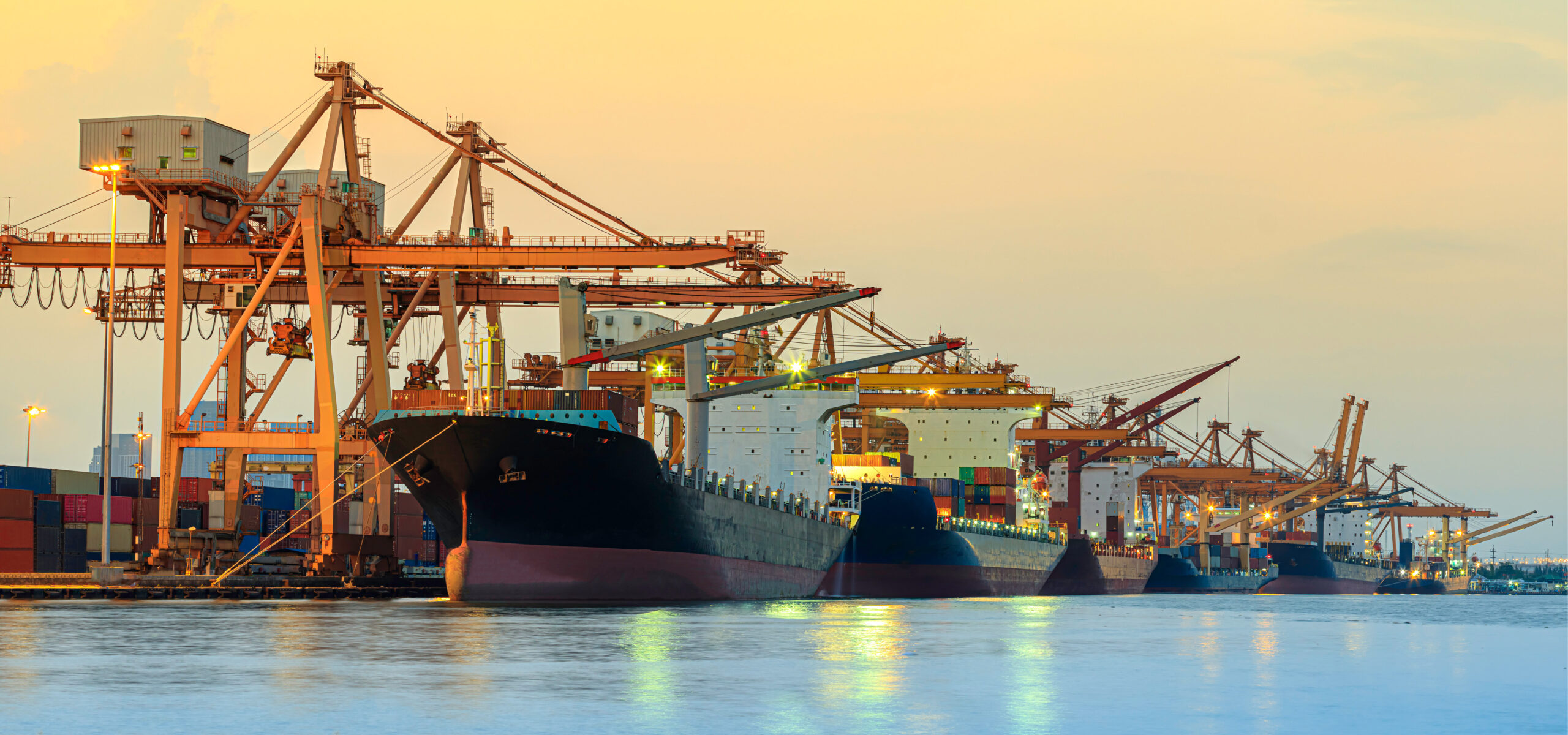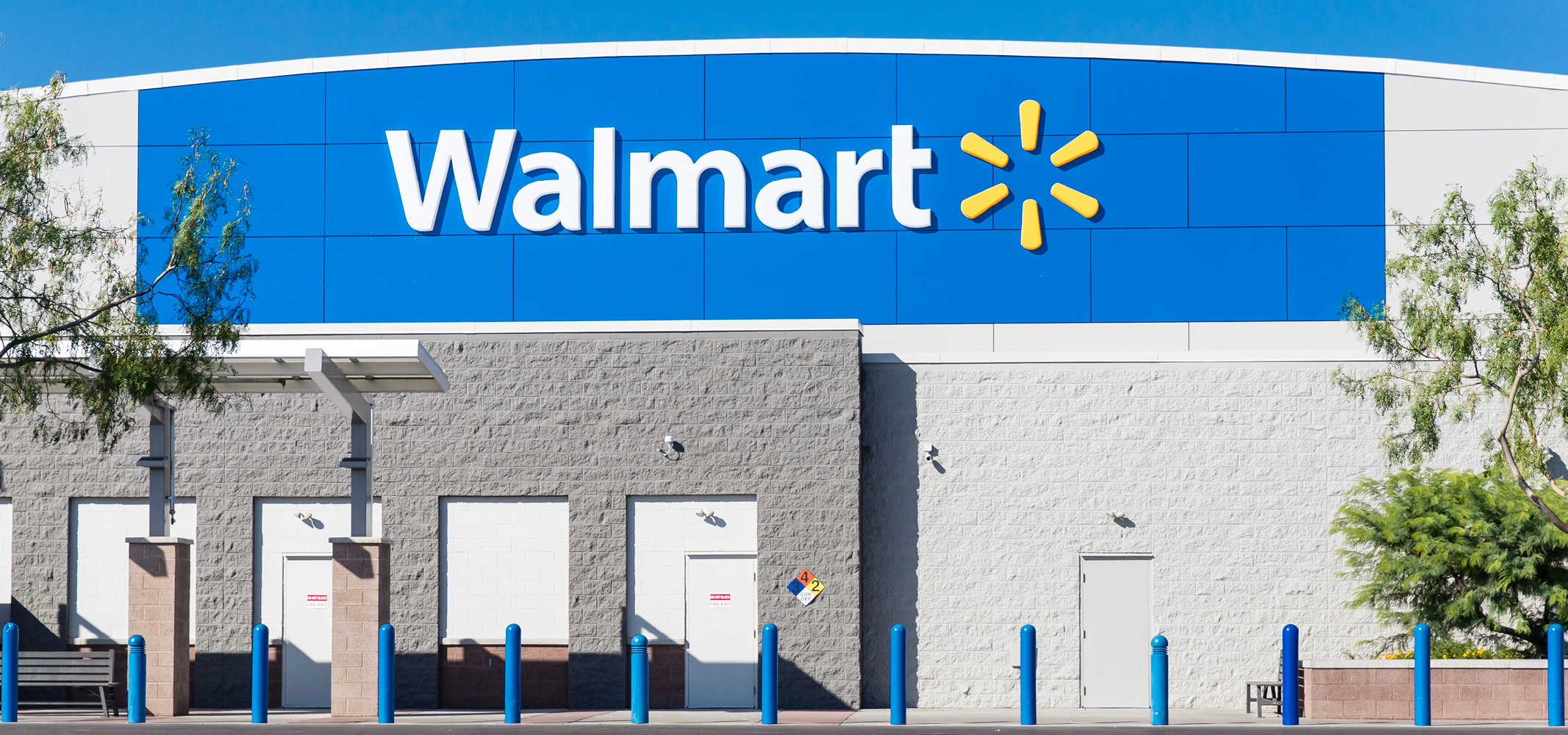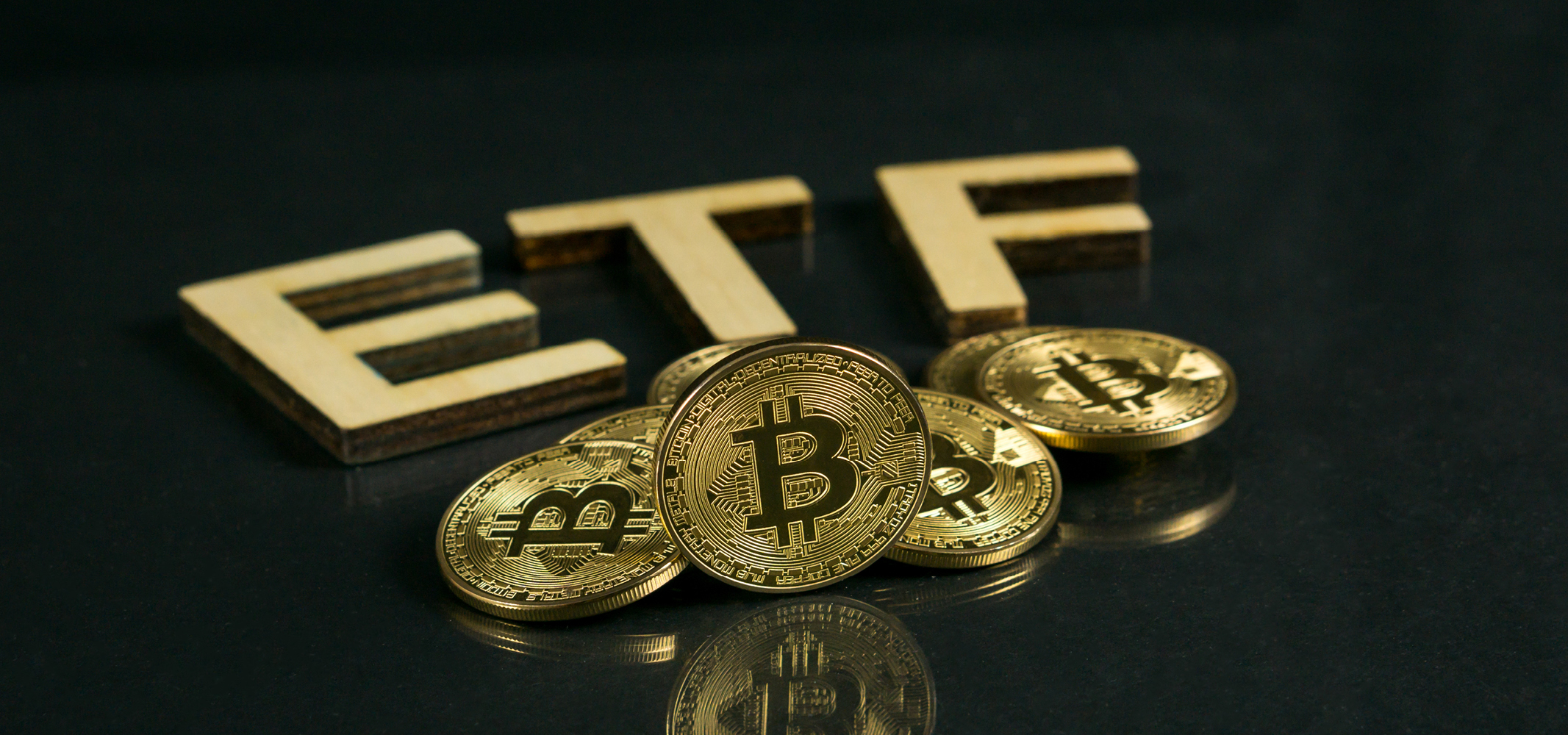Countless goods and commodities are sent around the world by sea freight every day. To ensure the risk-free receipt of funds for importer and exporter, securities known as sea freight bills of lading are transferred. In the process, they cover a long distance by courier, car or plane.
Blockchain technology was investigated as a more CO2-friendly alternative to sending paper bills of lading. The research found that despite the energy-intensive technology, blockchain-based Bill of Lading allows for a smaller carbon footprint. With a carbon footprint more than 163 times smaller, the hyperledger-based Bill of Lading was clearly recommended as the electronic option.










Leave A Comment
You must be logged in to post a comment.